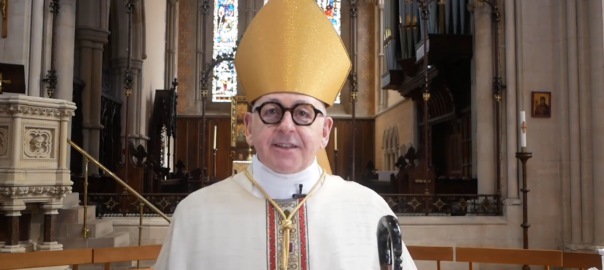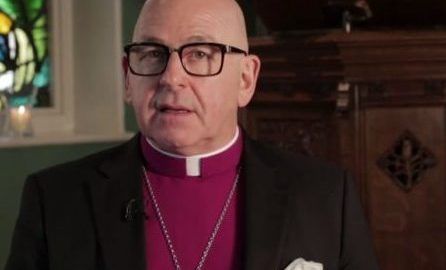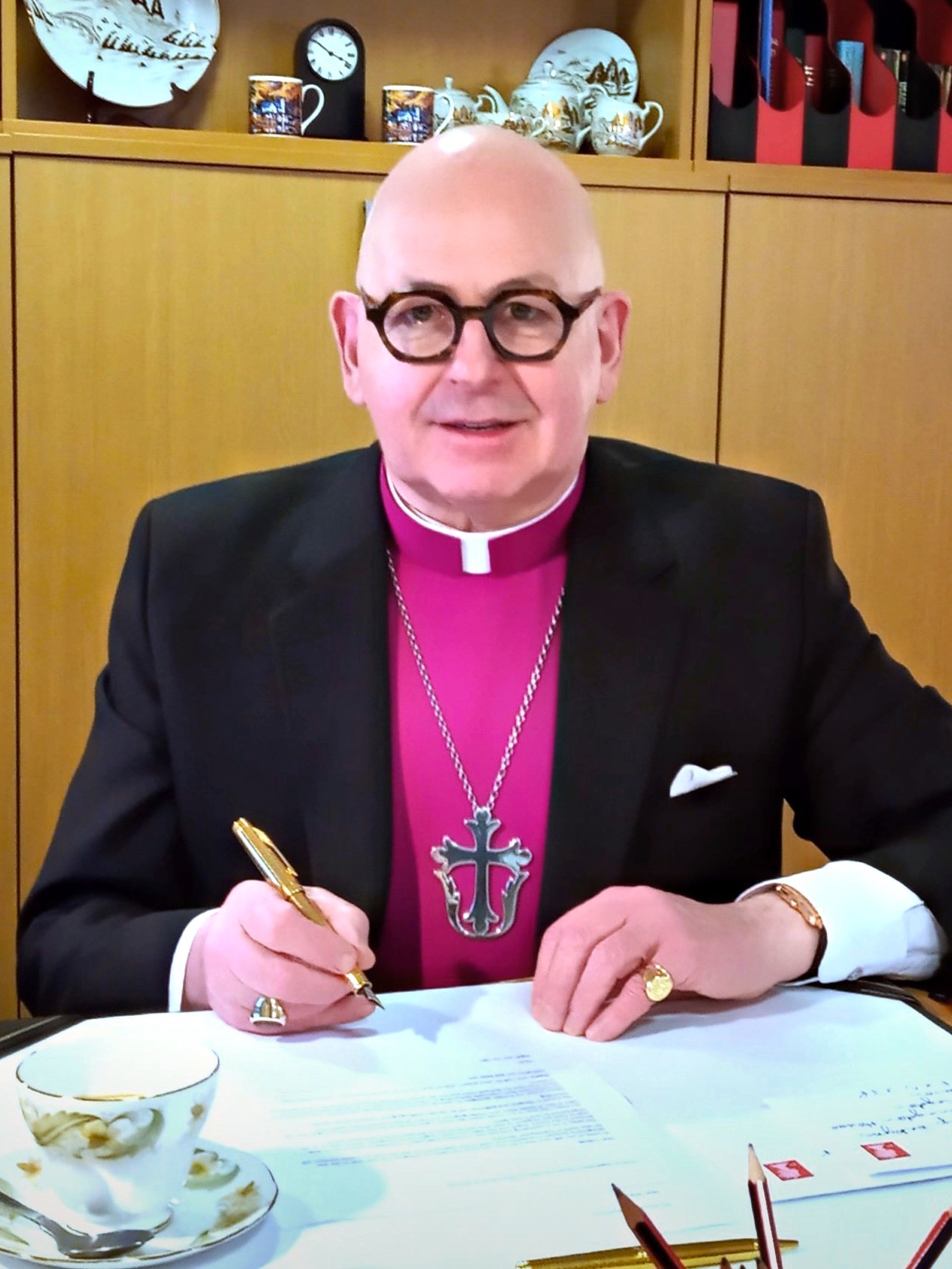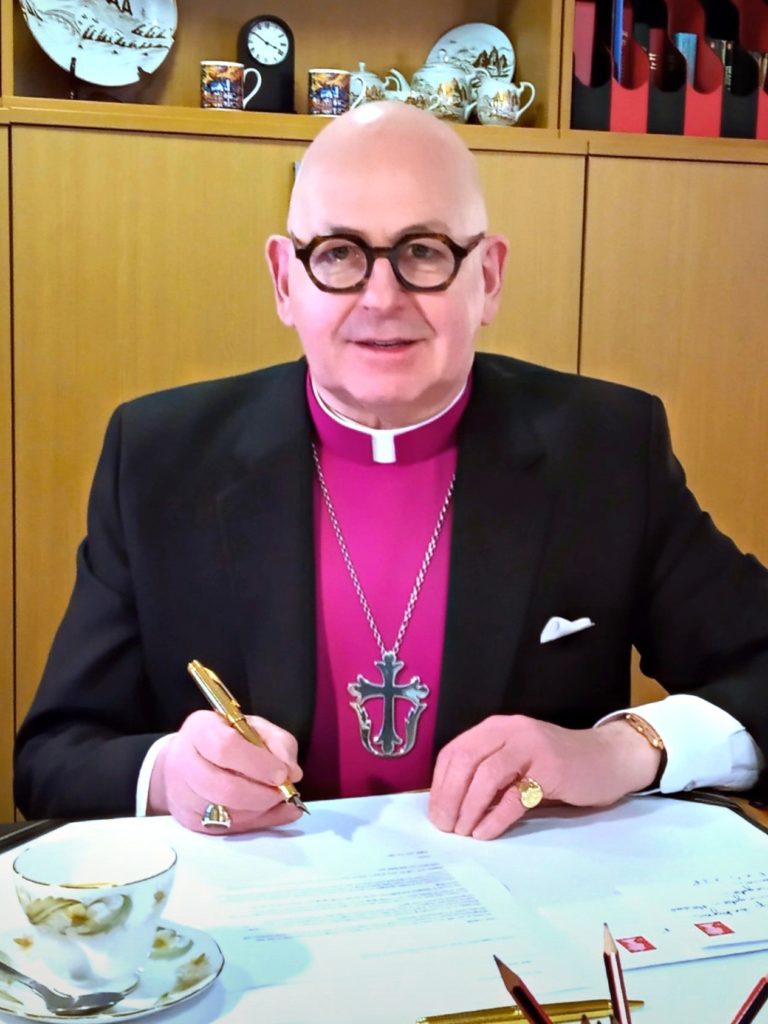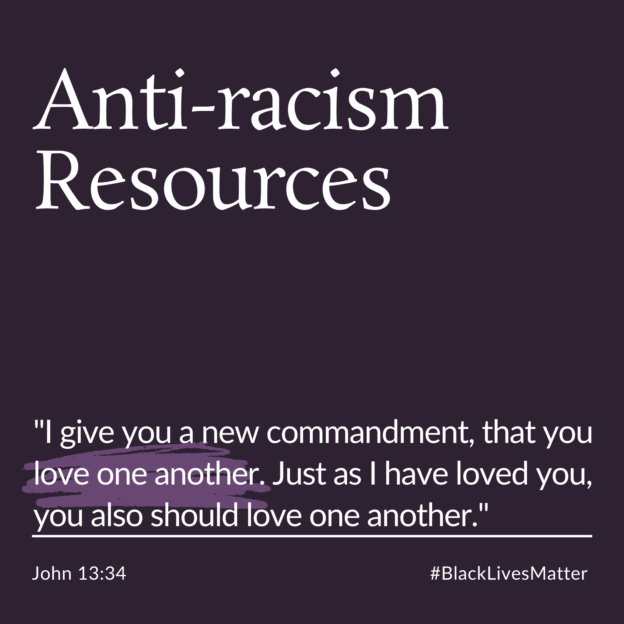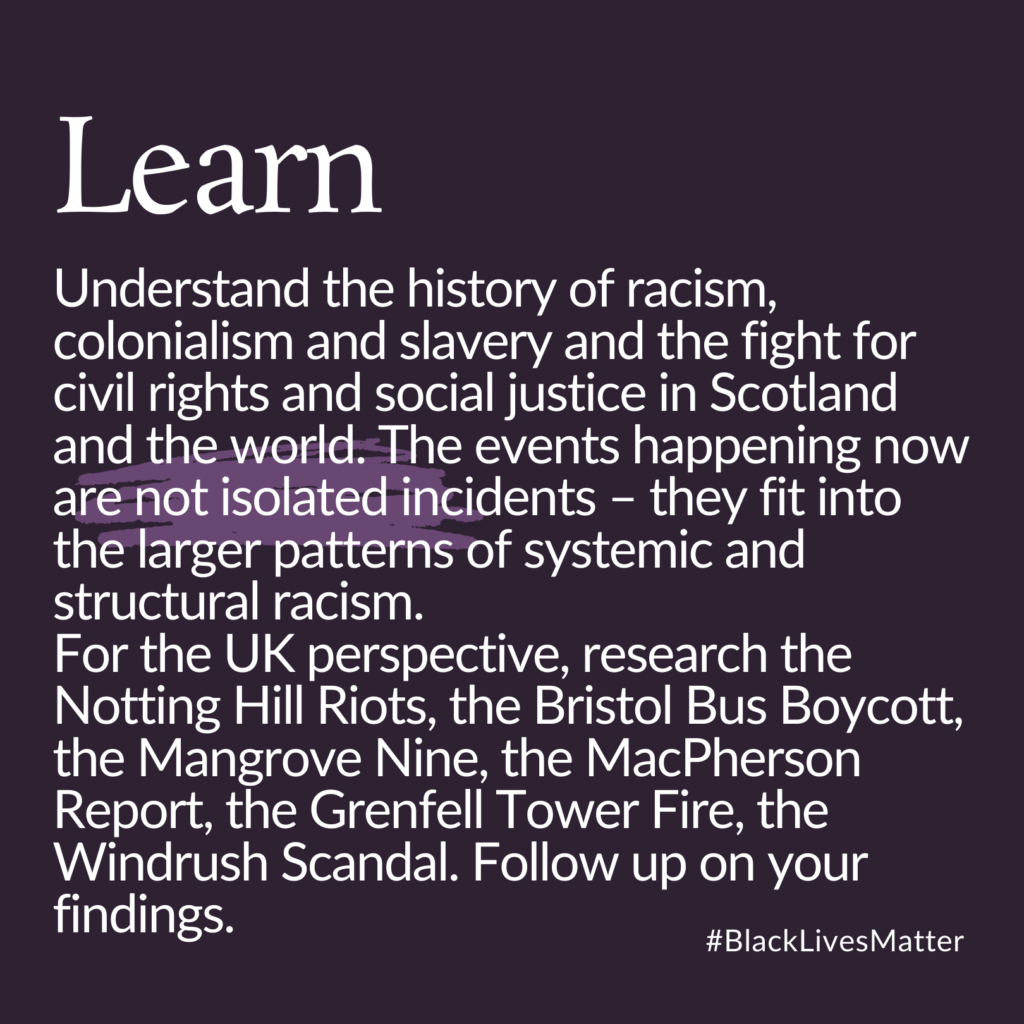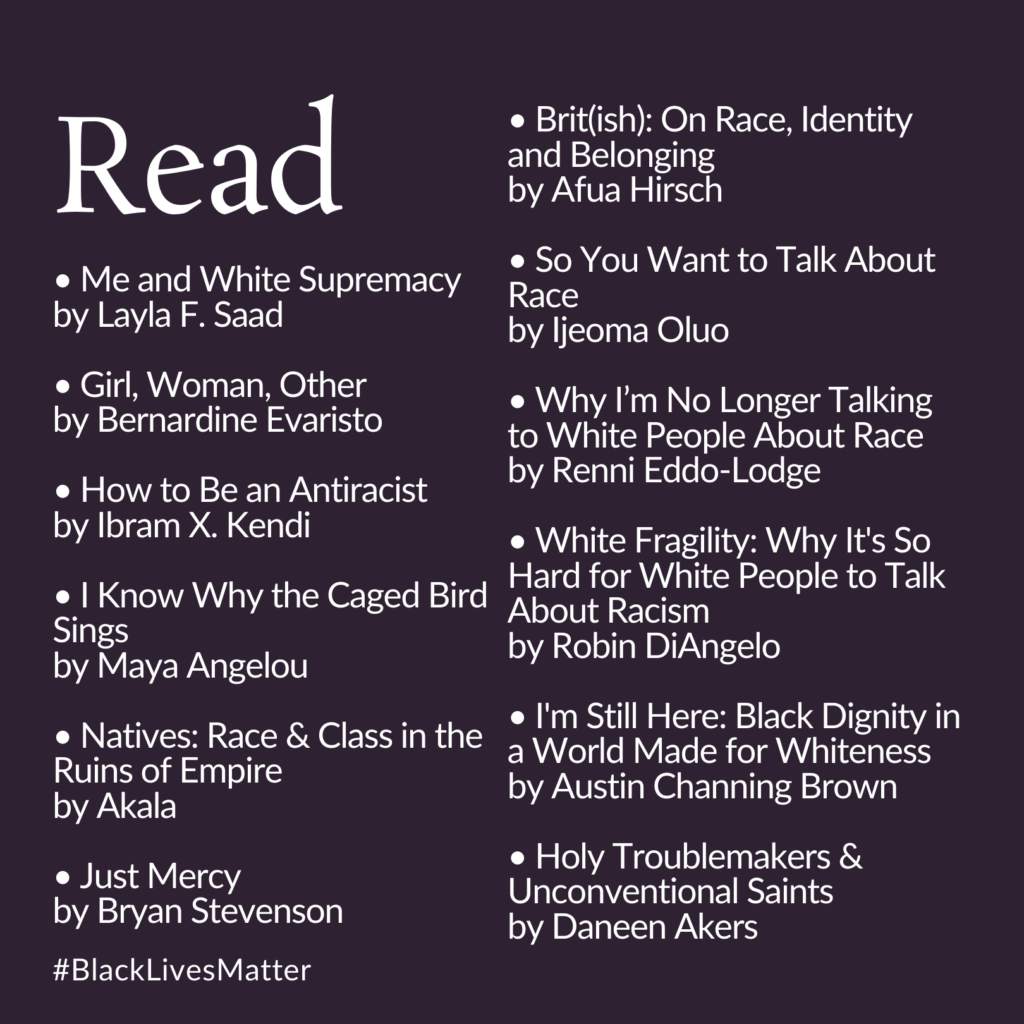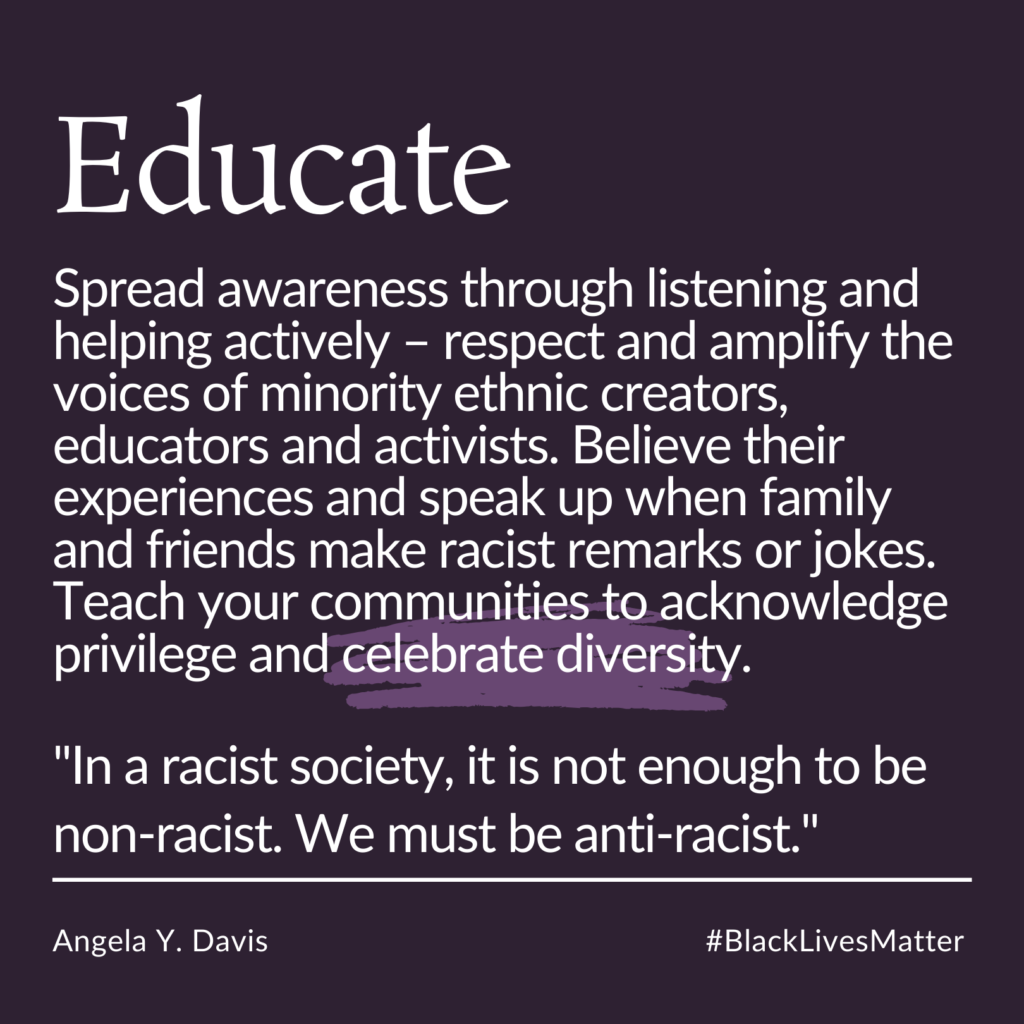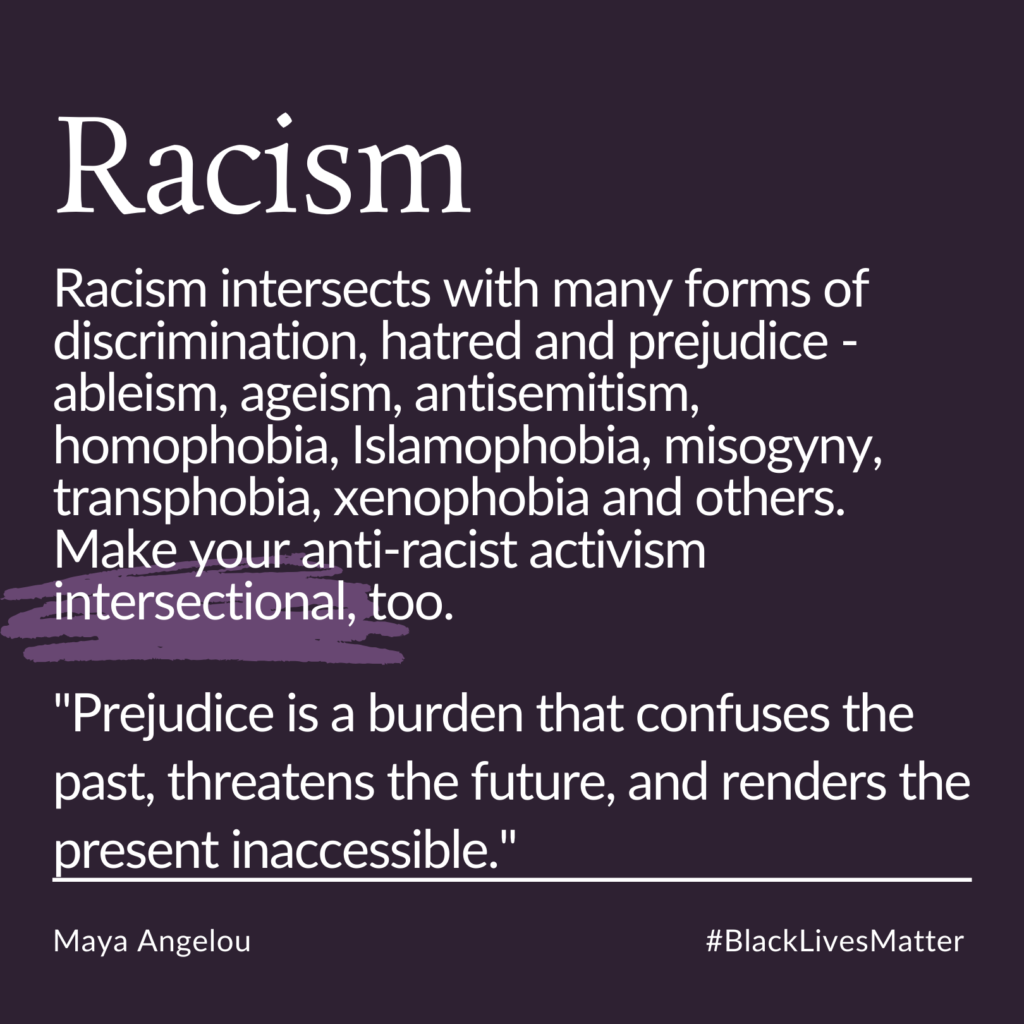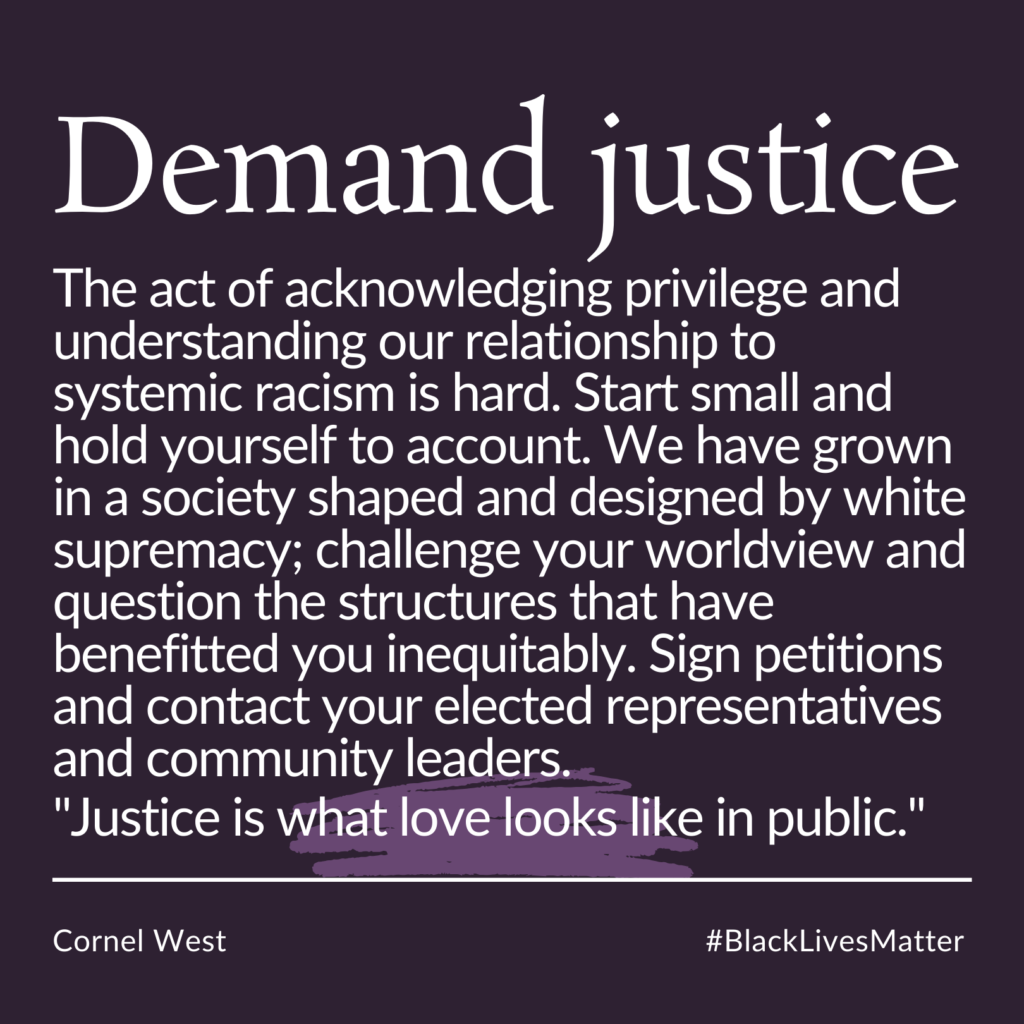In the Name of the Father and of the Son and of the Holy Ghost. Amen.
Confession and Absolution
We confess to God Almighty, the Father, the Son, and the Holy Ghost, that we have sinned in thought, word, and deed, through our own grievous fault. Wherefore we pray God to have mercy upon us. Almighty God have mercy upon us, forgive us all our sins and deliver us from evil, confirm and strengthen us in all goodness, and bring us to life everlasting. Amen.
May the Almighty and merciful Lord grant unto you pardon and remission of all your sins, time for true repentance, amendment of life, and the grace and comfort of the Holy Spirit. Amen.
Let us pray:
Almighty God, unto whom all hearts be open, all desires known, and from whom no secrets are hid: cleanse the thoughts of our hearts by the inspiration of thy Holy Spirit, that we may perfectly love thee, and worthily magnify thy holy Name; through Christ our Lord. Amen.
Then shall be said the Kyries.
Lord, have mercy upon us. Christ, have mercy upon us. Lord, have mercy upon us.
The Lord be with you.
And with thy spirit.
Let us pray.
The Collect
The Gospel
At the end of the Gospel:
Thanks be to thee, O Lord, for this thy glorious Gospel.
The Intercessions
Let us pray for the whole state of Christ’s Church remembering at this present time all those affected by the Covid-19 virus, throughtout the world.
Almighty and Everliving God, who by thy holy Apostle hast taught us to make intercessions and to give thanks for all men: We humbly pray thee most mercifully to receive these our supplications which we offer unto thy Divine Majesty; beseeching thee to inspire continually the universal Church with the spirit of truth, unity and concord; and grant that all they that do confess thy holy Name may agree in the truth of thy holy word, and live in unity and godly love.
We beseech thee to hear us, good Lord.
We beseech thee also to save and defend all Kings, Princes, and Governors, and especially thy servant Elizabeth our Queen, and all who are put in authority under her, that we may be godly and quietly governed. Give grace, O heavenly Father, to all Bishops, Priests, and Deacons, and especially to thy servant Kevin our bishop, that they may both by their life and doctrine set forth thy true and living word, and rightly and duly administer thy holy Sacraments. And to all thy people give thy heavenly grace, and especially to this Congregation here present, that they may hear and receive thy holy word, truly serving thee in holiness and righteousness all the days of their life.
We beseech thee to hear us, good Lord.
We most humbly beseech thee of thy goodness, O Lord, to comfort and succour all those who in this transitory life are in trouble, sorrow, need, sickness, or any other adversity.
And we commend to thy gracious keeping, O Lord, all thy servants departed this life in thy faith and fear, beseeching thee to grant them everlasting light and peace.
We beseech thee to hear us, good Lord.
And we yield unto thee most high praise and hearty thanks, for the wonderful grace and virtue declared in all thy Saints, who have been the choice vessels of thy grace, and the lights of the world in their several generations; beseeching thee to give us grace to follow the example of their steadfastness in thy faith, and obedience to thy holy commandments. Grant this, O Father, for Jesus Christ’s sake, our only Mediator and Advocate.
Amen.
The Eucharist
Silence is held as the bread and the wine are prepared.
The Lord be with you.
And with thy spirit.
Lift up your hearts.
We lift them up unto the Lord.
Let us give thanks unto our Lord God.
It is meet and right so to do.
It is very meet, right, and our bounden duty, that we should at all times, and in all places, give thanks unto thee, O Lord, Holy Father, Almighty, Everlasting God. Therefore with Angels and Archangels, and with all the company of heaven, we laud and magnify thy glorious Name; evermore praising thee and saying:
Holy, Holy, Holy, Lord God of Hosts, heaven and earth are full of thy glory. Glory be to thee, O Lord most high. Blessed is he that cometh in the Name of the Lord. Hosanna in the highest.
All glory and thanksgiving be to thee, Almighty God, our heavenly Father, for that thou of thy tender mercy didst give thine only Son Jesus Christ to suffer death upon the cross for our redemption; who, by his own oblation of himself once offered, made a full, perfect, and sufficient sacrifice, oblation, and satisfaction, for the sins of the whole world; and did institute, and in his holy Gospel command us to continue, a perpetual memorial of that his precious death and sacrifice until his coming again.
For, in the night that he was betrayed, he took bread; and when he had given thanks, he brake it, and gave it to his disciples, saying, Take, eat, this is my Body, which is given for you: Do this in remembrance of me. Likewise after supper he took the cup; and when he had given thanks, he gave it to them, saying, Drink ye all of this, for this is my Blood of the new testament, which is shed for you and for many for the remission of sins: Do this as oft as ye shall drink it in remembrance of me.
Wherefore, O Lord, and heavenly Father, according to the institution of thy dearly beloved Son our Saviour Jesus Christ, we thy humble servants do celebrate and make here before thy Divine Majesty, with these thy holy gifts, which we now offer unto thee, the memorial thy Son hath commanded us to make; having in remembrance his blessed passion, and precious death, his mighty resurrection, and glorious ascension; rendering unto thee most hearty thanks for the innumerable benefits procured unto us by the same, and looking for his coming again with power and great glory.
And we thine unworthy servants beseech thee, most merciful Father, to hear us, and to send thy Holy Spirit upon us and upon these thy gifts and creatures of bread and wine, that, being blessed and hallowed by his life-giving power, they may become the Body and Blood of thy most dearly beloved Son, to the end that all who shall receive the same may be sanctified both in body and soul, and preserved unto everlasting life. And we earnestly desire thy fatherly goodness, mercifully to accept this our sacrifice of praise and thanksgiving,
And here we humbly offer and present unto thee, O Lord, ourselves, our souls and bodies, to be a reasonable, holy, and living sacrifice unto thee, beseeching thee to accept this our bounden duty and service, not weighing our merits, but pardoning our offences, through Jesus Christ our Lord: by whom, and with whom, in the unity of the Holy Ghost, all honour and glory be unto thee, O Father Almighty, world without end.
Amen.
As our Saviour Christ hath commanded and taught us, we are bold to say,
Our Father which art in heaven, Hallowed be thy Name, Thy kingdom come, Thy will be done, in earth as it is in heaven. Give us this day our daily bread; And forgive us our trespasses, As we forgive them that trespass against us; And lead us not into temptation, But deliver us from evil. For thine is the kingdom, the power, and the glory, For ever and ever. Amen.
Here the Celebrant shall break the Bread.
The peace of the Lord be always with you.
And with thy spirit.
Beloved, let us love one another, for love is of God.
We do not presume to come to this thy Holy Table, O merciful Lord, trusting in our own righteousness, but in thy manifold and great mercies. We are not worthy so much as to gather up the crumbs under thy Table: but thou art the same Lord, whose property is always to have mercy. Grant us therefore, gracious Lord,so to eat the Flesh of thy dear Son Jesus Christ, and to drink his Blood, that our sinful bodies may be made clean by his most sacred Body, and our souls washed through his most precious Blood, and that we may evermore dwell in him, and he in us. Amen.
O Lamb of God, that takest away the sins of the world: have mercy upon us.
O Lamb of God, that takest away the sins of the world: have mercy upon us.
O Lamb of God, that takest away the sins of the world: grant us thy peace.
The Communion
The Rector receives the body and blood on behalf of everyone else.
Thanksgiving after Communion
O give thanks unto the Lord, for he is gracious.
And his mercy endureth for ever.
Let us pray:
O Lord our God, thou Saviour of the world, through whom we have celebrated these Holy Mysteries: receive our humble thanksgiving, and of thy great mercy vouchsafe to sanctify us evermore in body and soul; who livest and reignest with the Father and the Holy Spirit, one God, world without end. Amen.
The peace of God which passeth all understanding, keep your hearts and minds in the knowledge and love of God, and of his Son Jesus Christ our Lord: And the blessing of God Almighty, the Father, the Son, and the Holy Ghost, be amongst you and remain with you always. Amen.
